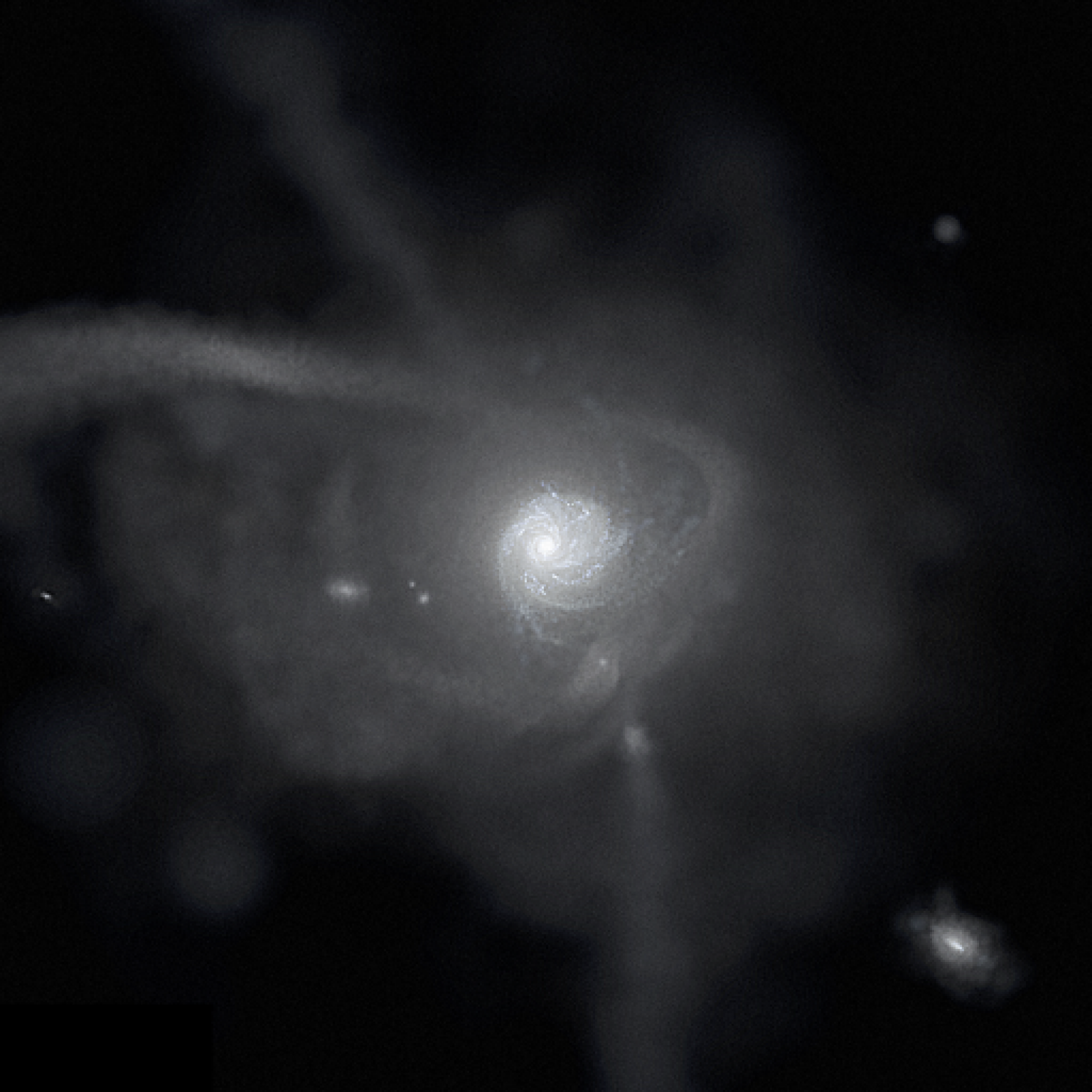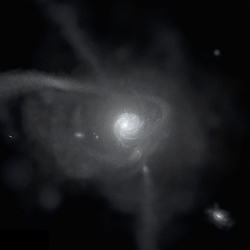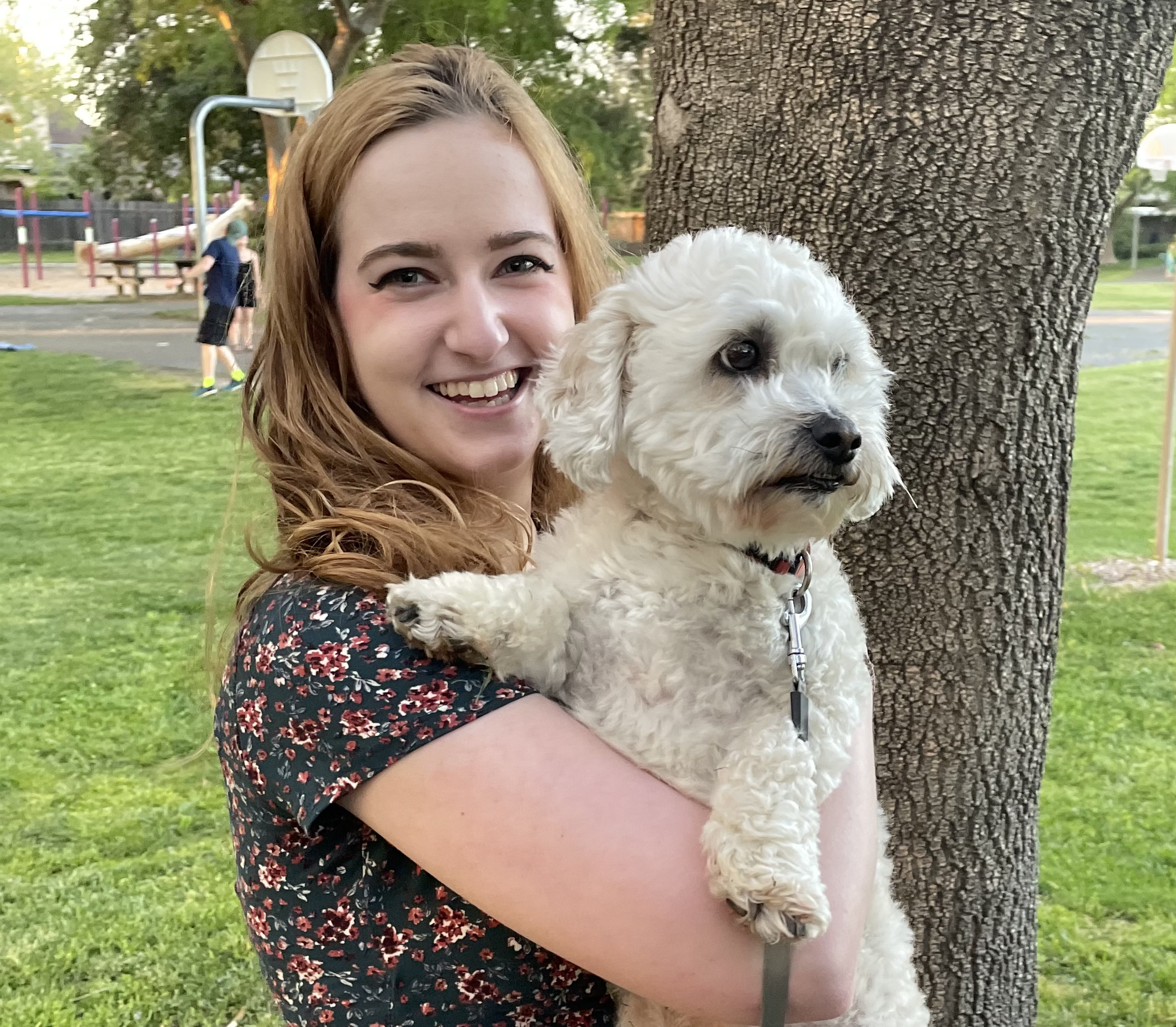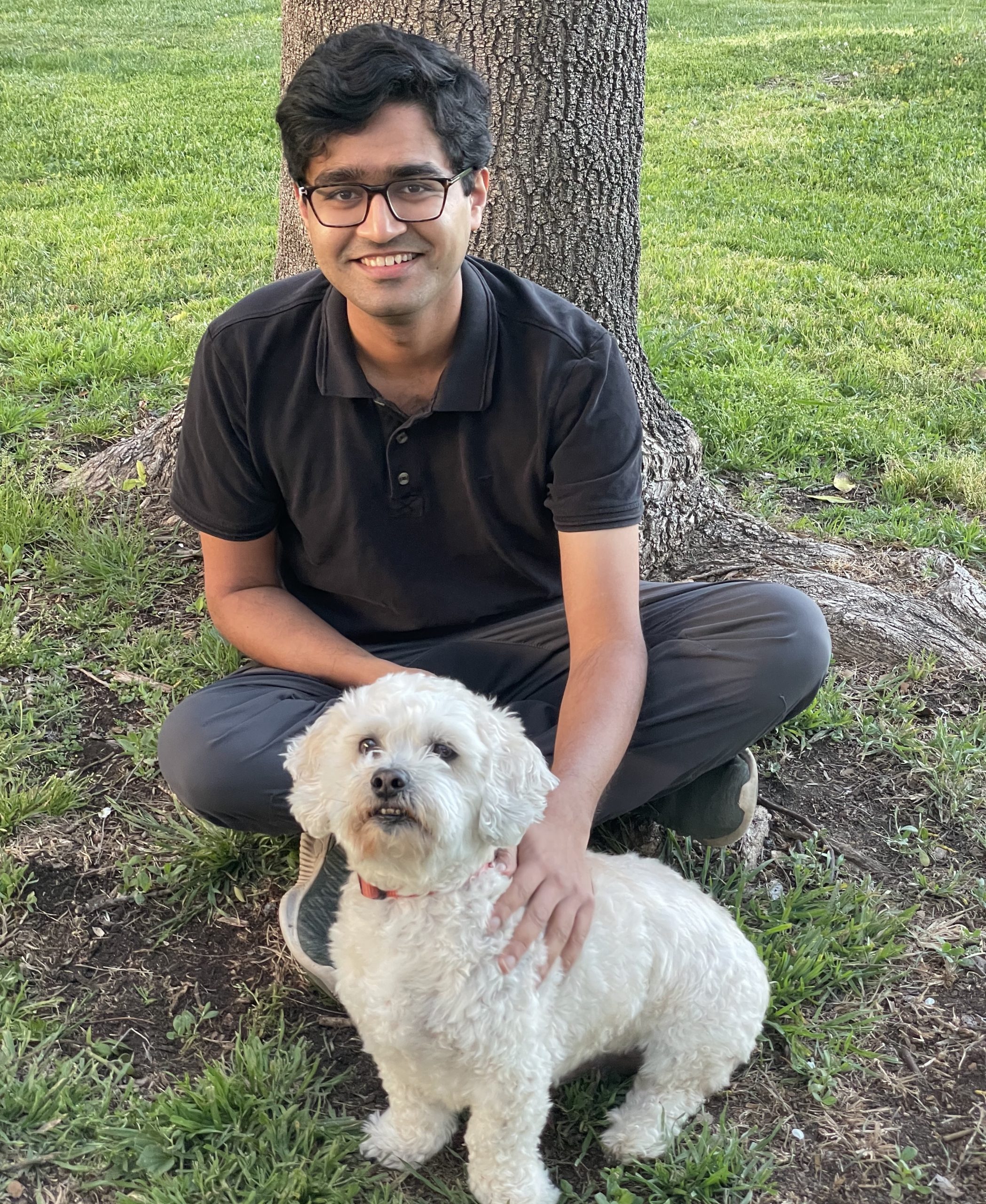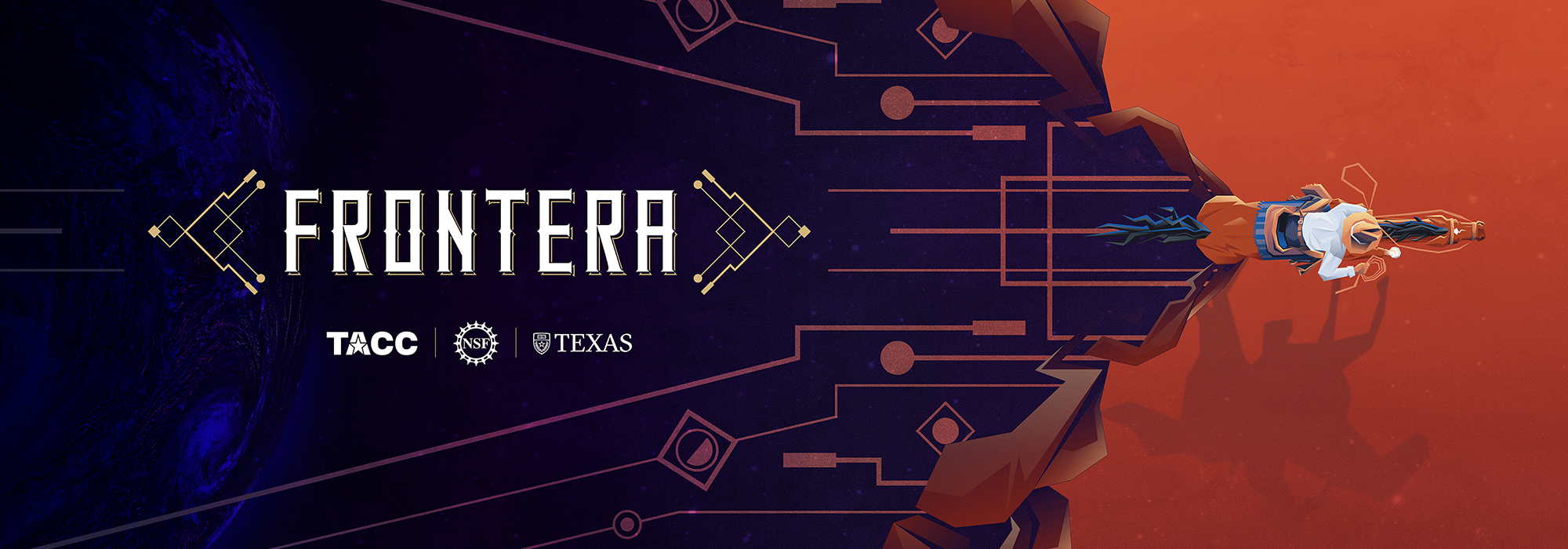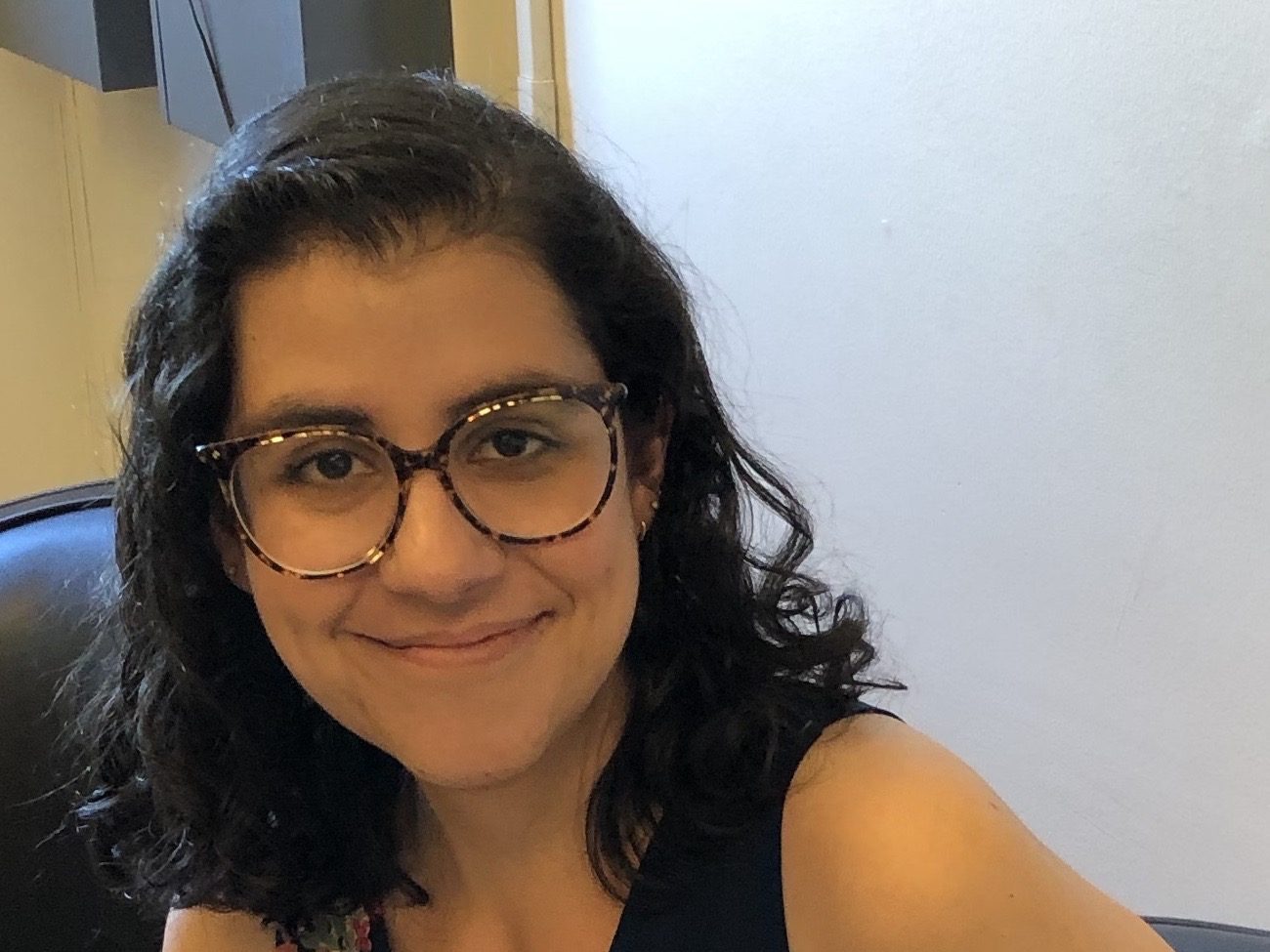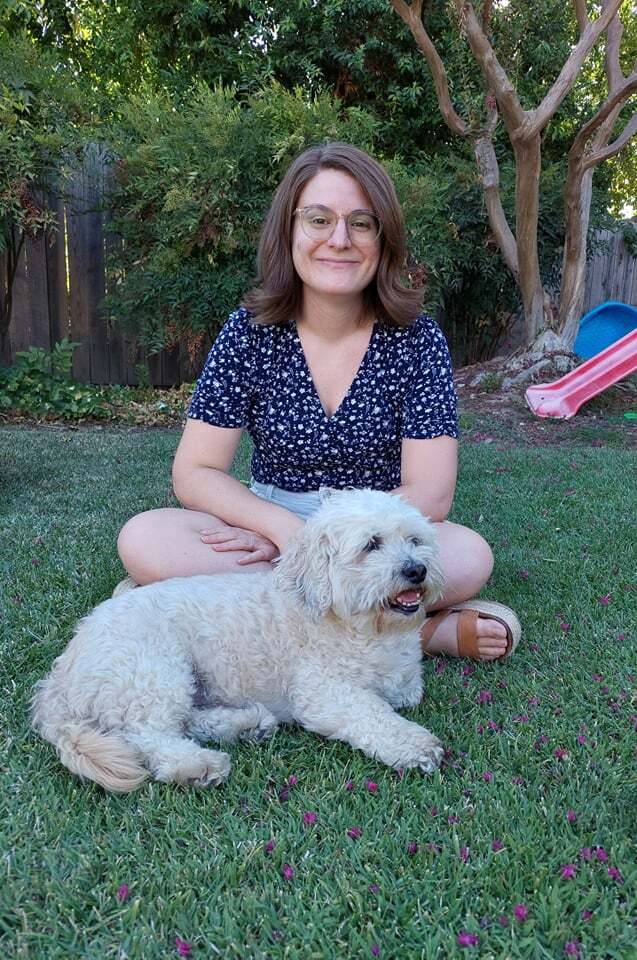

The Research Corporation, with support of the Heising-Simons Foundation and the Kavli Foundation, once again has selected me to be a Scialog Fellow. I was delighted again to join 50 fellows at the 2019 Scialog conference on Time Domain Astrophysics in Tuscon, Arizona, during which we discussed exciting applications of data from NASA’s TESS space telescope, ESA’s Gaia space telescope, and the Zwicky Transient Facility.
I am excited that the Heising-Simons Foundation selected the grant that Keith Hawkins, Jennifer van Saders, and I submitted during this meeting: Aging Gracefully: Stellar Ages Across the HR Diagram and Their Implications for Galactic Archaeology. With this seed funding, our goal is two-fold:
- Use the Latte FIRE-2 Milky Way-like simulations as a testbed to quantify the observational precision in stellar ages that we require for specific Milky Way studies.
- Compile a unified framework for combining/comparing different ways of measuring stellar ages in an easy-to-use Baysian framework.
I am excited to work with Keith and Jen on this project over the next year!

